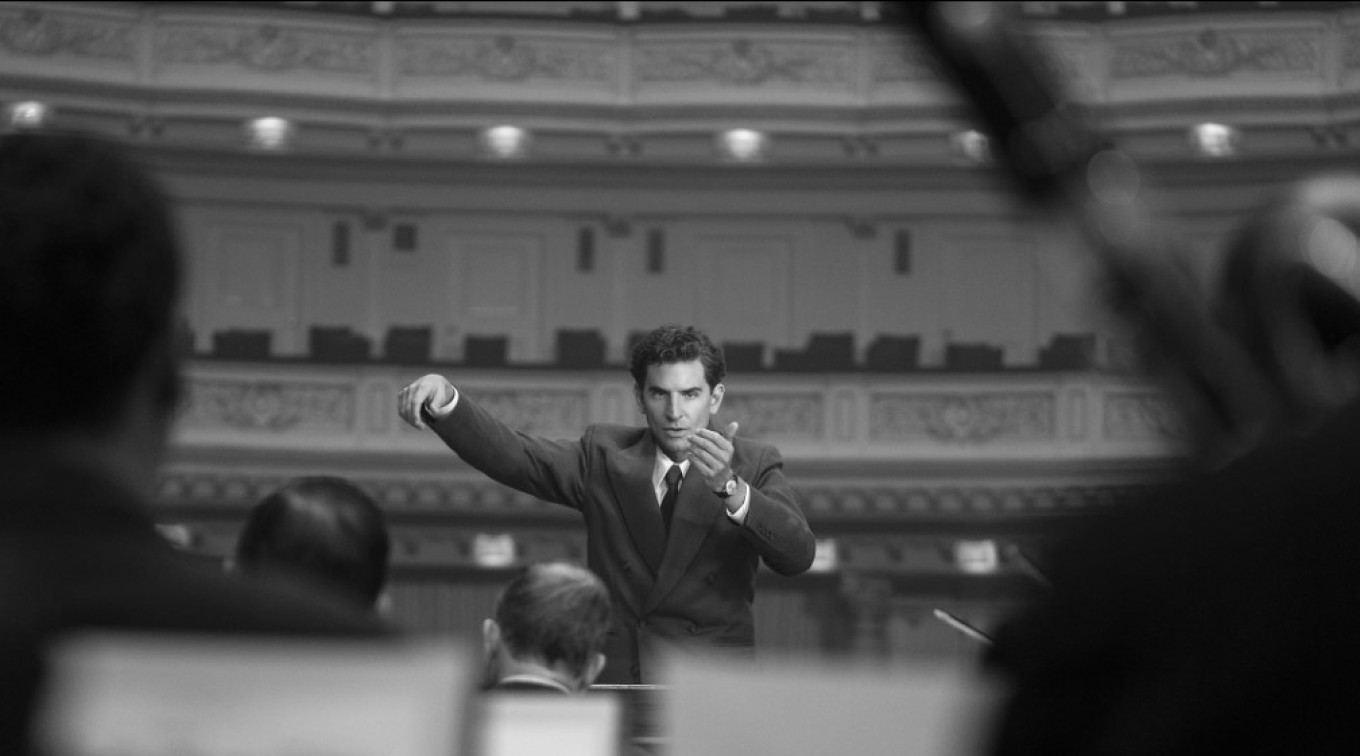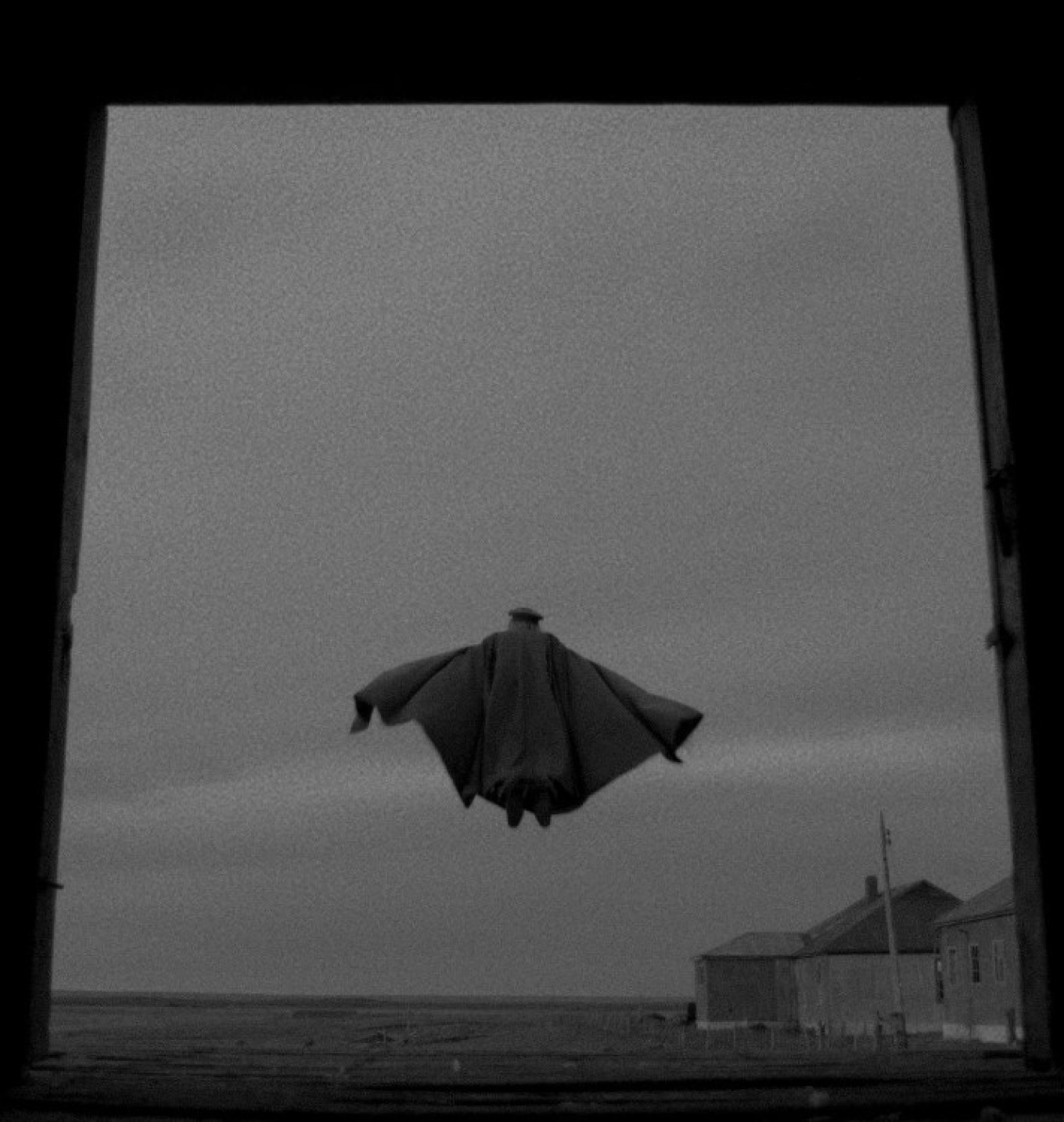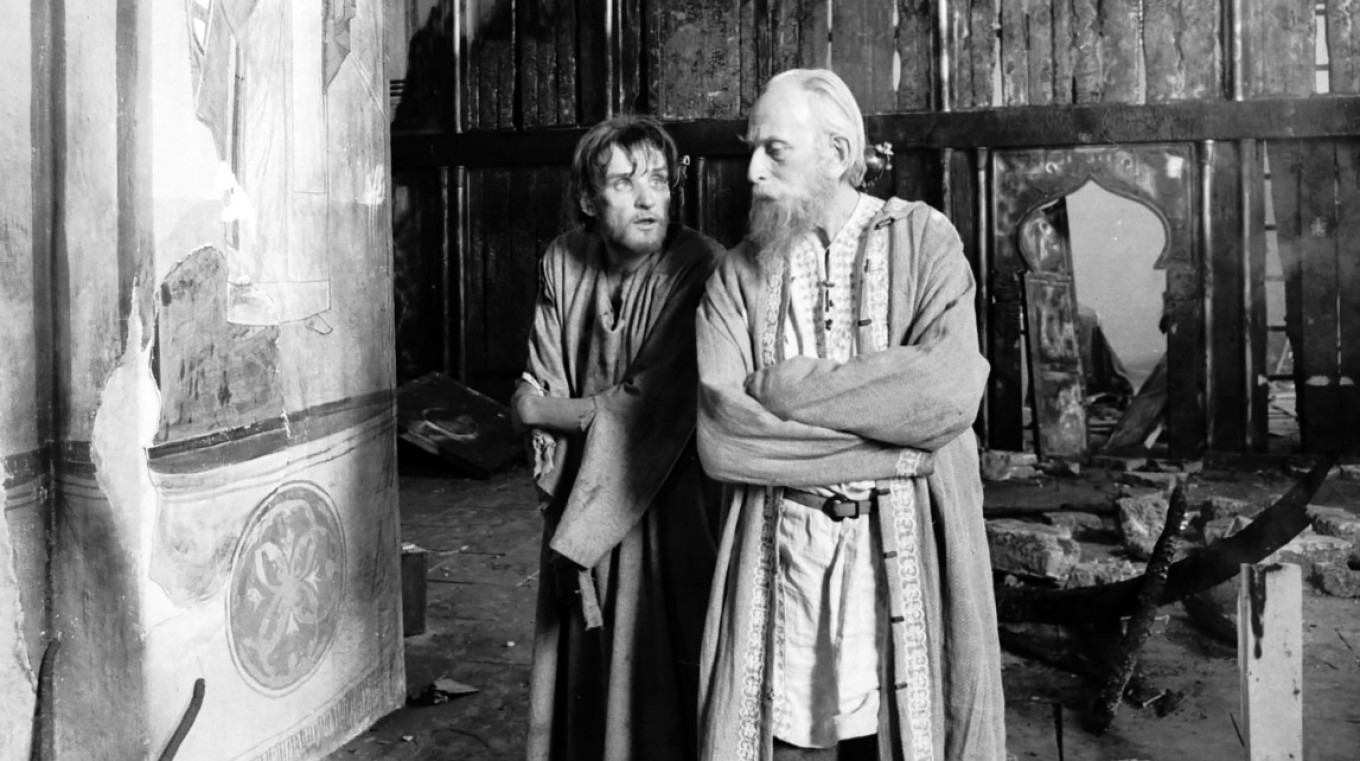Although the main cinema festivals around the world are not including any films made in Russia by Russian directors this year, that doesn’t mean that Russia is absent from movie theaters in the West. Foreign directors have been exploring the Russian context in their films, with characters both vile and brilliant in films that have been panned and those that have been celebrated.
Politicians and oligarchs
The Western film that dealt most directly with Russia and Russians this year was a satirical comedy set in the Swiss Alps called “The Palace” directed by Roman Polanski. The action takes place at the turn of the millennium. Filmed in a five-star hotel in Gstaad (a favorite place not only for the director, but also for wealthy Russians), the story revolves around a group of elites who are preparing to celebrate the arrival of the year 2000. Among them is a mature French marquise who carries two accessories with her: a small dog that dines on black caviar and a pink vibrator discreetly tucked away in her handbag. Other characters include actors and porn stars, a 97-year-old Texan billionaire with a 22-year-old wife, a plastic surgeon surrounded by elderly clients with grotesque, surgically altered faces. A lively group of “new Russians” arrives in armored jeeps, accompanied by drunk and disheveled beauties and stern bodyguards (led by Russian actor Alexander Petrov). They haul heavy suitcases filled with money.
As everyone ushers out the old millennium, the Russian guests toss back vast amounts of alcohol without getting visibly drunk as they watch Boris Yeltsin’s New Year Eve’s address to the nation. Polanski inserted documentary footage here so along with the characters in the film the audience watches Boris Yeltsin deliver his surprise final speech before stepping down as president. When it is over, one of the guests asks, “Was he drunk? Maybe he’ll sober up tomorrow?” Then Yeltsin introduces his successor, Vladimir Putin, and Petrov’s character immediately raises a toast, as if suggesting that the end of the world has not been canceled, just postponed for a few decades.

Interwoven Destinies
In “Maestro,” a biographical film about American composer and conductor Leonard Bernstein, the musician’s life is depicted from his impromptu debut as the conductor of the New York Philharmonic Orchestra in November 1943 to the illness of his wife, Felicia Montealegre, in the late 1970s. All these chaotically narrated events are framed by an interview with the late composer, which begins and ends the film. Bernstein’s mother was originally from Rovno, Ukraine, and his talents were nurtured under the guidance of Sergei Koussevitzky, a Russian immigrant. Koussevitzky is played by Bulgarian actor Yasen Peyankov.
Bass player Koussevitzky established both the first orchestra and the first music publishing house in the USSR. During the New Economic Policy (NEP) era, he requested permission from the first Bolshevik Soviet People’s Commissar Anatoly Lunacharsky to go to Berlin for a year and then never returned. Throughout his life, Koussevitzky had a deep affection for Russia, and he passed on his love to “Lenochka,” as he affectionately called Bernstein.
Koussevitzky was not only Bernstein’s teacher but also his mentor. In the film Koussevitzky has a monolog about changing “Bernstein” to “Burns” to avoid anti-Semitism (Bernstein does not take up the suggestion). Koussevitzky helped Bernstein take his first step towards fame, a famous scene Cooper recreated in the film. In 1943 at Tanglewood, the New York Philharmonic Orchestra under the direction of Bruno Walter was scheduled to perform. Walter was ill and the baton was handed over to Koussevitzky’s aspiring and virtually unknown assistant. The newcomer steps on the podium and faces an orchestra of brilliant and highly critical musicians. Behind Bernstein sits a discerning audience who came to listen to Bruno Walter. The concert is a triumph. The rest, as they say, is history.
“Maestro” will be released on screen in the US in November and on Netflix at the end of December.

Lords and their servants
A Russian character plays a big role in a dark comedy by Pablo Larraín called “El Conde,” which depicts the Chilean dictator Augusto Pinochet as an immortal vampire. Pinochet’s closest and most faithful ally was his butler named Fedor Krasnoff, a maniac and executioner who was a Russian immigrant and former White Army officer. He devoted his life to torturing and killing communists. In the film he walks around in a tailcoat and fur hat, engages in love affairs with the dictator’s wife, and drinks vodka — this is, after all, a comedy — while his master flies in the form of a sinister black bird over Santiago, seeking victims and calmly extracting hearts from still-living bodies to prepare his cocktail in a blender.
The plot strangely echoes contemporary events, disputes about dictatorship and democracy, and the fate of nations and their rulers.
“El Conde” can be seen on Netflix with English subtitles.

Prophesies of the future
At the Venice film fest there was one Russian film shown — the original 191-minute version of Andrei Tarkovsky’s masterpiece “Andrei Rublev” was featured in the “Venice Classics” program.
“Andrei Rublev,” written by Tarkovsky and Andrei Konchalovsky, depicts the life and work of the great Russian icon painter. The film was completed in 1966 and premiered in Moscow in January 1967. This was followed by a screening at the Cannes Film Festival, where it was shown out of competition and received the FIPRESCI Prize from the International Federation of Film Critics. Despite that success, the film was not showcased in the Soviet Union. A heavily censored version was released in limited distribution in 1971. The original, unaltered cut was safeguarded by Tarkovsky himself. This version was restored in Rome with the support of the Italian Ministry of Culture and screened at the film festival.
Ironically, this old Soviet film has the most apt commentary on current Russian reality: “Humanity has already made all the mistakes and is now simply repeating them.”
For availability of this version in theaters and online, see here.





